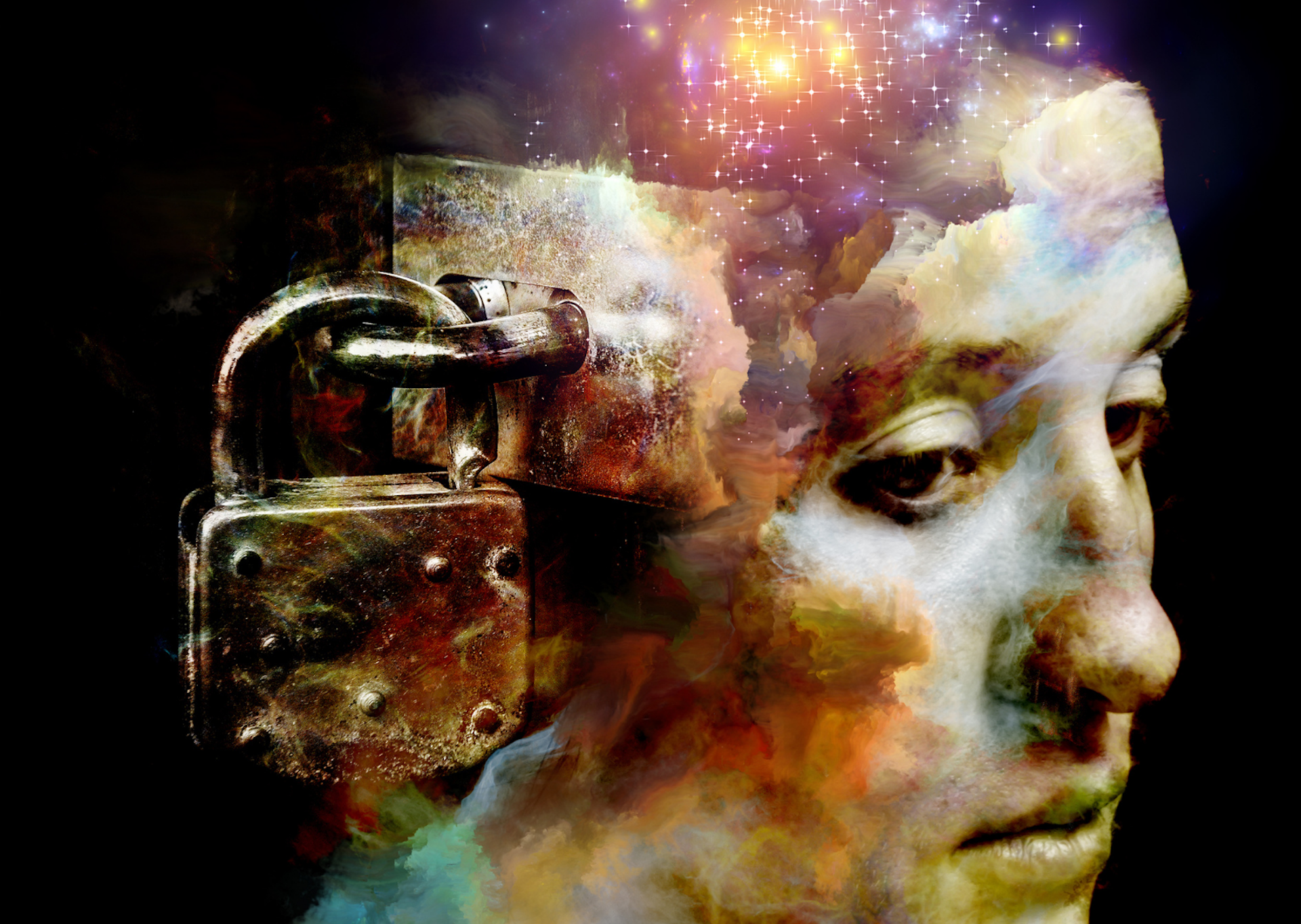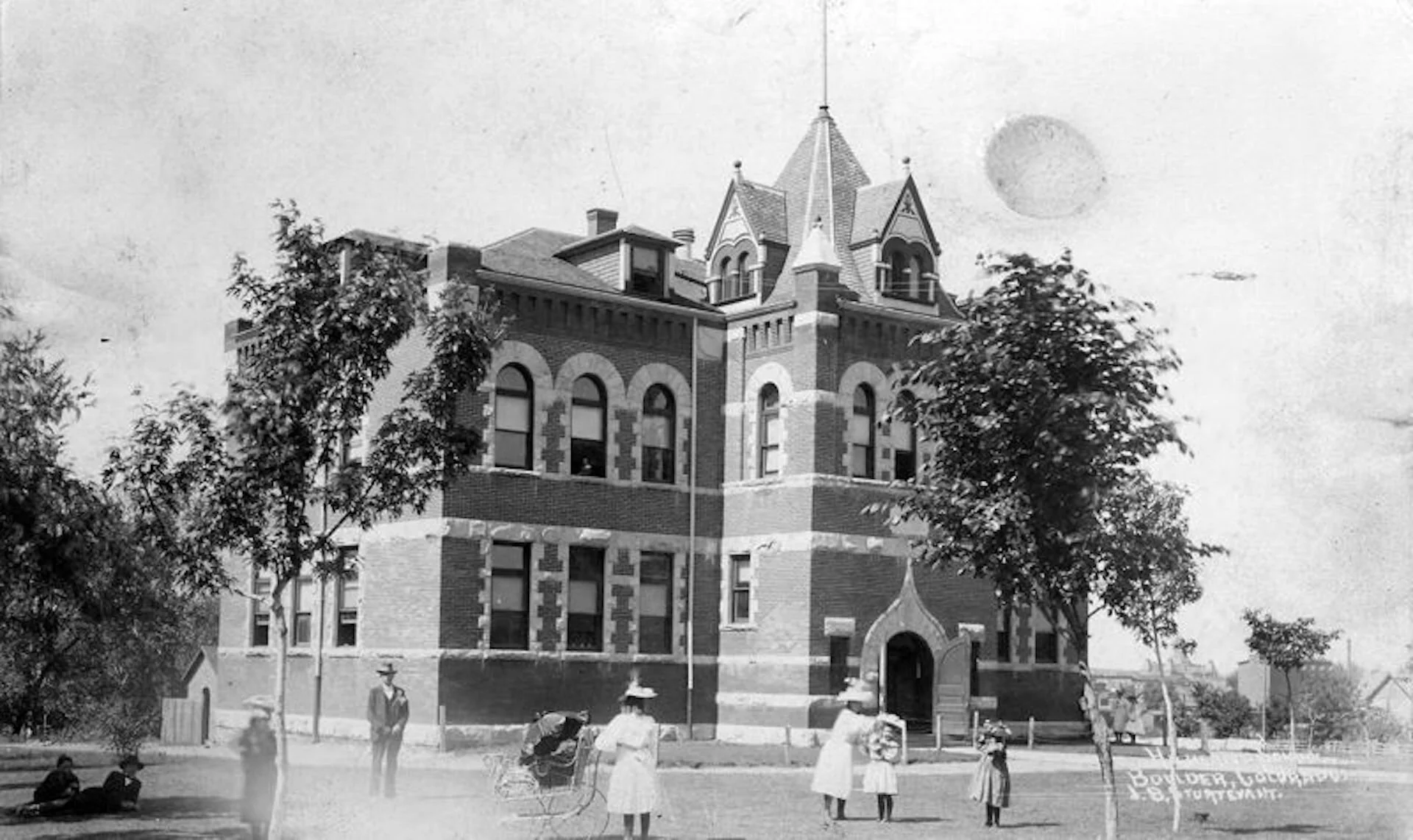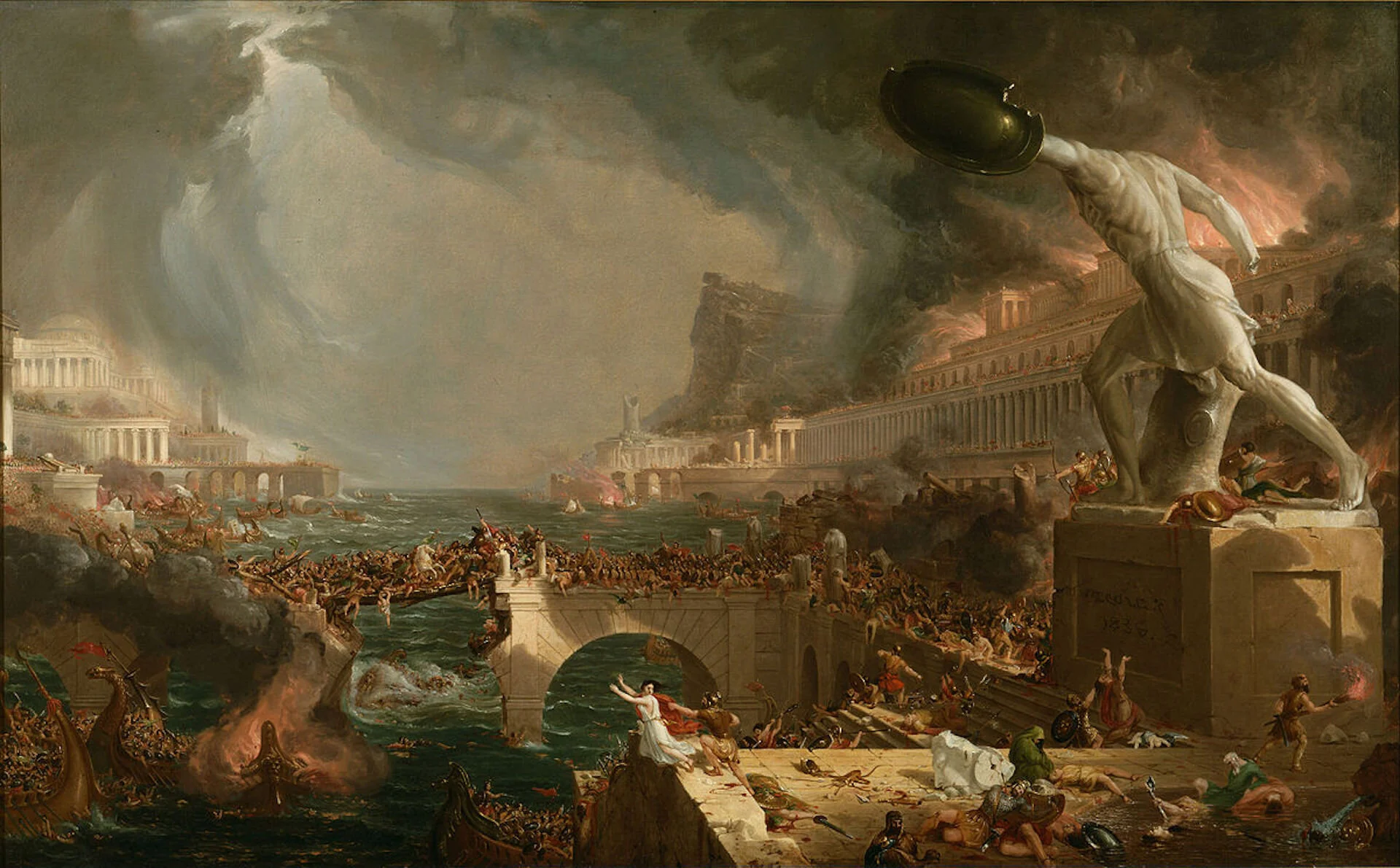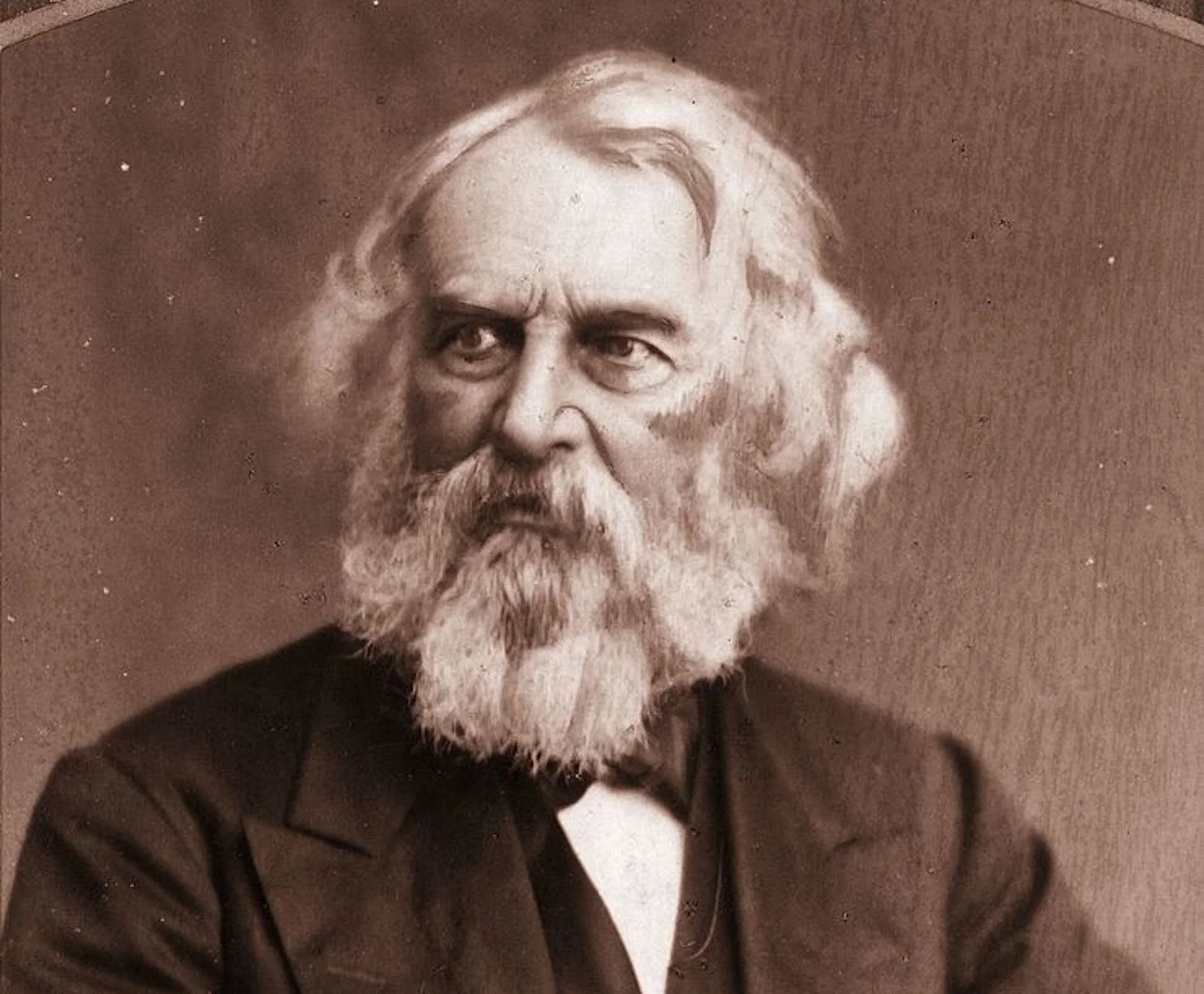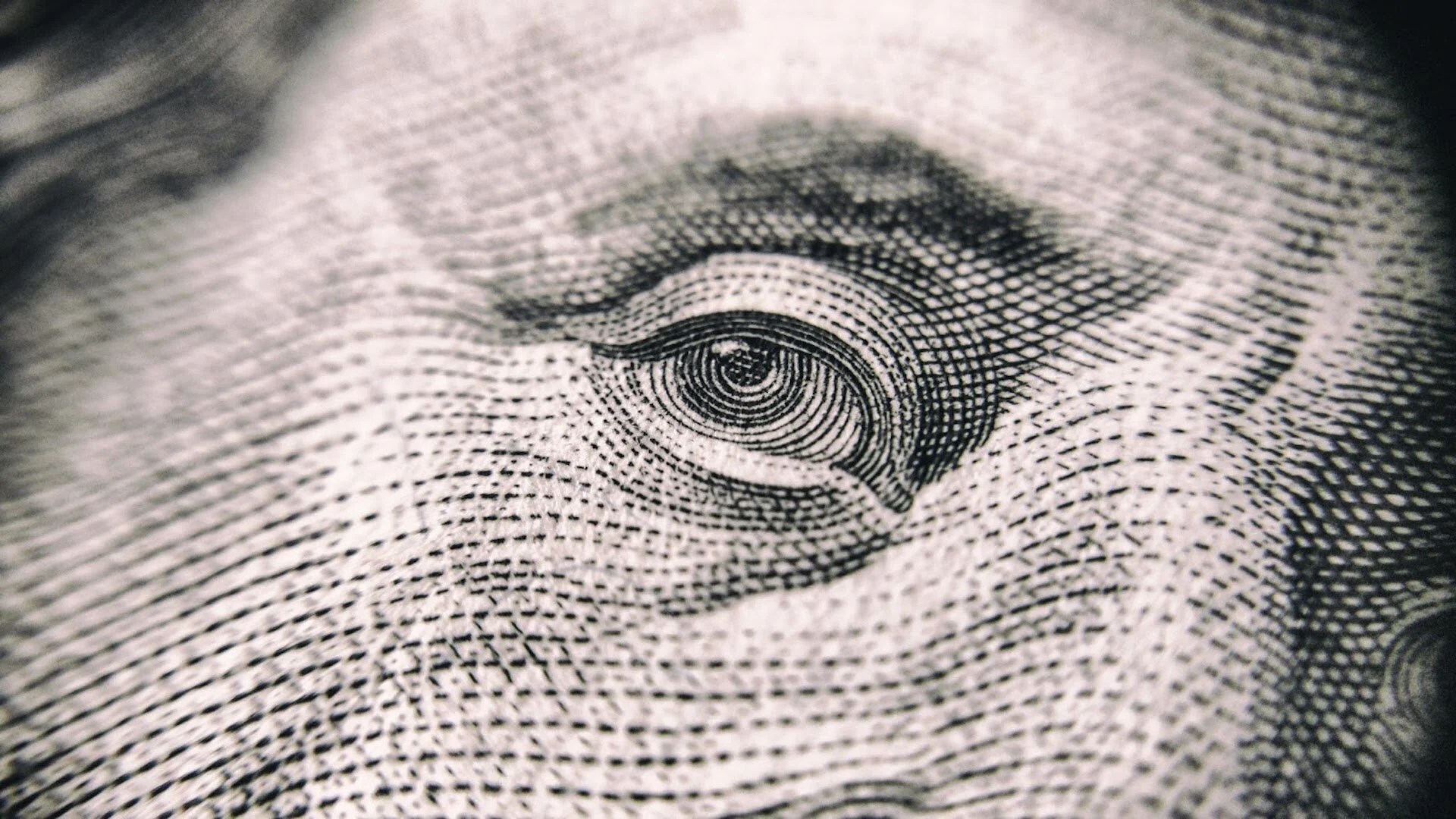Approaching old age, I find so much to be thankful for, from good health to financial security, but most of all I am thankful for my son Dustin who finds his immigrant father’s plans and ideas worthy of his efforts to manage and grow.
This brings up the question of how to let go of power, which is the classic issue of all father and son relationships; so complex it is the subject of many Greek tragedies and Shakespearian plays. Adding to this complexity is the reality of our working together sixty hours a week during a pandemic; a dynamic that on its own can rapidly devolve into conflict.
After decades of study and preparation for a time like this, I have decided to invoke George Washington as a role model. Washington was immortalized, not because he was the best tactical fighter since Alexander the Great, Napoleon and Eisenhower were better fighting generals. No, what made Washington eternal was his willingness and ability to cede force and thereby gain even more power. We are past the tipping point.
Dustin is now in charge and, with our succession plan nearly complete, Highland will be in good hands for another 43 years.
Read More










